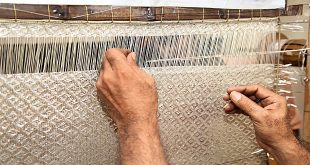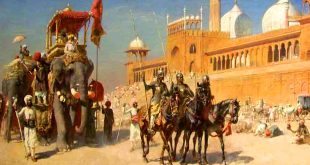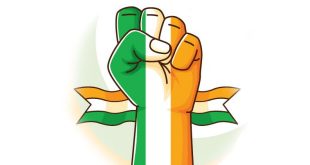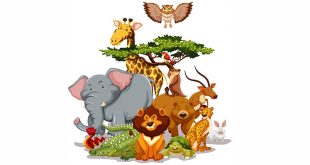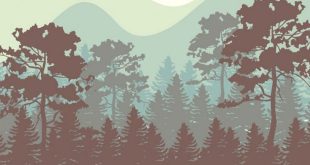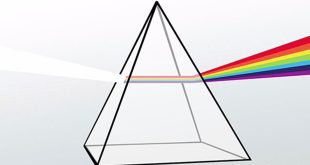Question: What was known as a qasba in medieval India? Answer: During the Sultanate Period (13th to 16th Centuries CE), many of the villages, especially the district headquarters, slowly grew into towns, known as qasba. Question: Name a city that was both an administrative and a trade center during the Mughal …
Read More »NCERT 7th Class (CBSE) Social Science: Political Changes in 18th Century
Question: Who was Nadir Shah? What was the result of his attack on Delhi? or Describe the impact of Nadir Shah’s invasion upon Delhi. Answer: Nadir Shah, the ruler of Iran, sacked and plundered the city of Delhi in 1739 CE and took away immense amounts of wealth. As a …
Read More »NCERT 7th Class (CBSE) Social Science: Media and Democracy
Question: Name any four forms of media. Answer: Newspapers, television, magazines and Internet. Question: Give examples for the means of communication in the ancient world. Answer: The means of communication in the ancient world were: People used drums to communicate over long distances, or runners carried the information. Later, there …
Read More »NCERT 7th Class (CBSE) Social Science: Elements of Weather and Climate
Question: Distinguish between Weather and climate. Answer: Weather and Climate: Question: Distinguish between Heat and Temperature, Convection and Advection and Latitude and Altitude Answer: Heat and Temperature Convection and Advection Latitude and Altitude
Read More »NCERT 7th Class (CBSE) Social Science: Institutional Representation of Democracy
Question: “The right to vote was not always a universal right.” Explain with examples. Answer: The right to vote was not always a universal right. In early democracies, only some people were allowed to vote. For example, in the United Kingdom only male landowners who were Protestant by faith, could vote. …
Read More »NCERT 7th Class (CBSE) Science: Forests: Our Lifeline
Question: Define the following terms: Primary Consumers, Secondary Consumers, Scavengers, Dispersal of seeds, Global Warming. Answer: Definitions are as under: Primary Consumers: The primary consumer is the living organism that eats the producers, which are the plants. This means that all organisms that are classified as herbivores, also called plant-eaters, fall into the category of primary …
Read More »NCERT 7th Class (CBSE) Science: Water: A Precious Resource
Question: Define the following: Glacier, Iceberg, Snow, Hail, Frost. Answer: Glacier: It is large chunk of ice that moves like a river over the surface of land. Glaciers are found moving from high mountains and are a source of fresh water. Iceberg: It is a large piece of ice that has broken …
Read More »NCERT 7th Class (CBSE) Science: Light
Question: What do you means by lateral inversion? Answer: Lateral inversion means left looks like right and right looks like left in a mirror. Question: What is a spectrum? Answer: Spectrum is the band of colours seen when the white light passes through the prism and splits into seven colours. …
Read More »NCERT 7th Class (CBSE) Science: Time and Motion
Question: Graphic represent the nature of the distance-time graph of motion of the given object – Answer: (1) An athlete running at a constant speed. (2) A train waiting at a station for another train pass by. Question: Differentiate between periodic and non periodic motion. Answer: Differentiate between periodic and non periodic …
Read More »NCERT 7th Class (CBSE) Science: Wastewater Management
Question: What is waste water? How it is produced? Schematically represent the process of waste water treatment. Answer: The used water that comes into drains from bathroom, toilets and kitchen. The process is: The waste water sewage reaches through domestic sewerage’s. Bar screens are used to remove large substances like cans …
Read More » Class Notes NCERT Solutions for CBSE Students
Class Notes NCERT Solutions for CBSE Students
